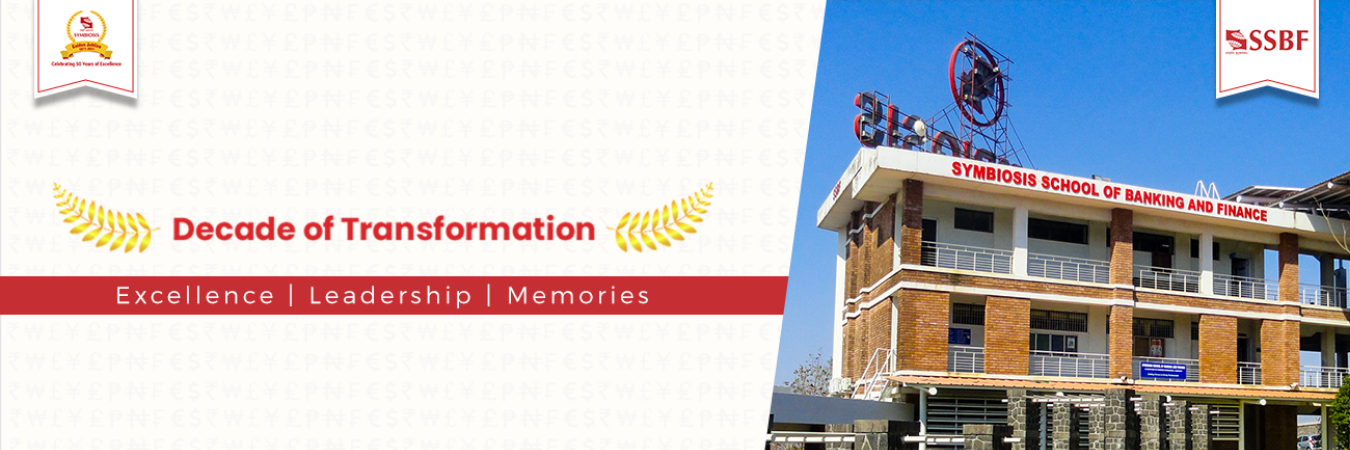The July of 2019 had a lot of people analysing the impact of strategies adopted by the Finance Ministry for this term. While the interim budget gave an idea about what to possibly expect, the Union Budget for the fiscal year 2019-20 came with many changes to look forward to; especially for the BFSI sector.
Besides emphasising on how to enhance tax collections, the Union Budget also made it clear that it is going to prove significant for millions of account holders who have currently entrusted their money with public sector banks.
Leveraging technology
To make things simpler for the account holders, public sector banks are going to take full benefit of our biggest available tool currently – technology. The potential of technology has been utilised very well with India’s economy pushing towards adopting digital; ever since Modi-Jaitley led innovations were introduced. As per recent plans, one can expect door-step banking and a larger variety of online public loans available to them.
This can be made clearer with finance minister, Nirmala Sitharaman’s quote in her budget speech: “To further improve ease of living, they (public sector banks) will leverage technology, offering online personal loans and doorstep banking, and enabling customers of one public sector bank to access services across all public sector banks”. She further added that, the government is finding further ways “to empower account holders to remedy the current situation in which they do not have control over deposit of cash by others in their accounts”.
This means that there will be quite a lot of increased scrutiny by tax authorities on one crucial feature of banks: cash deposits. Previously, one could just enter a full-fledged machine and deposit cash without much procedure. While this was convenient, it also gave rise to many probes by the Income Tax authorities and the nation’s economic security; further calling for strict scrutiny to be taken against this service.
Ease of Interoperability
There are also plans of making services available across public sector banks. Meaning, if you have banking needs to be fulfilled, it won’t matter which public sector bank branch you walk into. If things go as planned, irrespective of an account holder having an account with another public sector bank, banking services would be available with another one. This measure will go a long way in increasing accessibility while bridging the gap between customers and infrastructure.
Better control on deposits
While there are the optimists, some do see the potential downside as well. Currently, there is no control on who deposits the amount in one’s bank. However, with the advent of more advanced technology and banking processes, a requirement a step for authentication at every step will arise.
While this may take away a little convenience from banking, it is mainly for the purpose of efficient taxation. An increased control on deposits will also protect account holders from money laundering and tax issues.
In a nutshell
While the aforementioned covers a couple of key ways that the Union Budget 2019 is going to affect the BFSI sector, a roadmap to implement these measures is yet to be chalked out. With passing time and other priorities, we are yet to see the feasibility of these measures when banks start realising them.
Bindya Kohli






